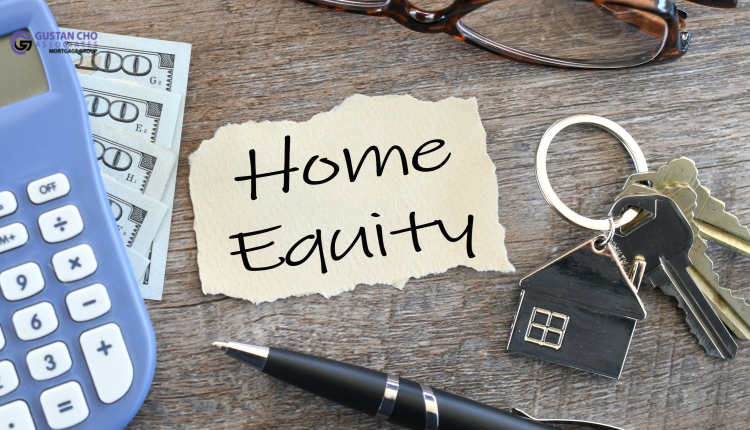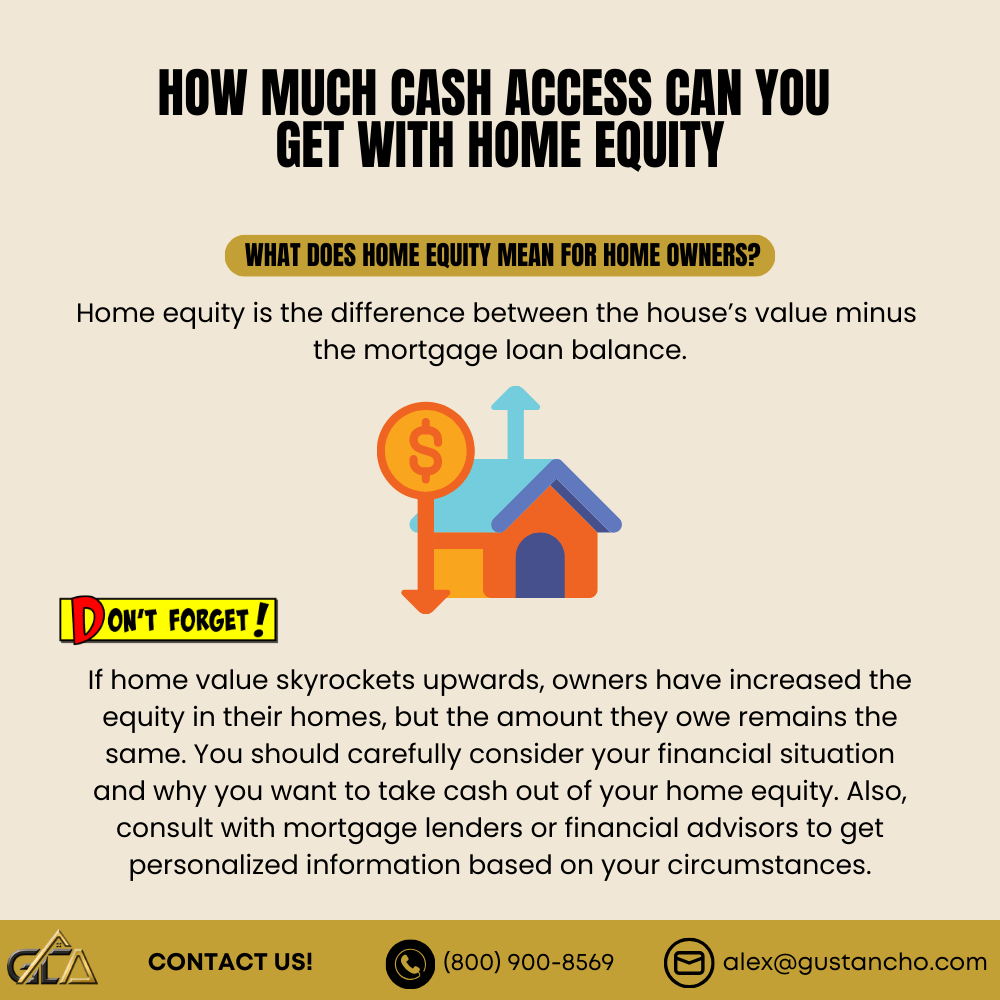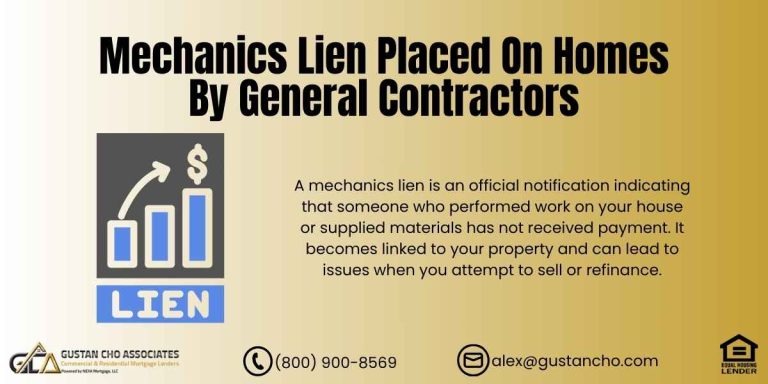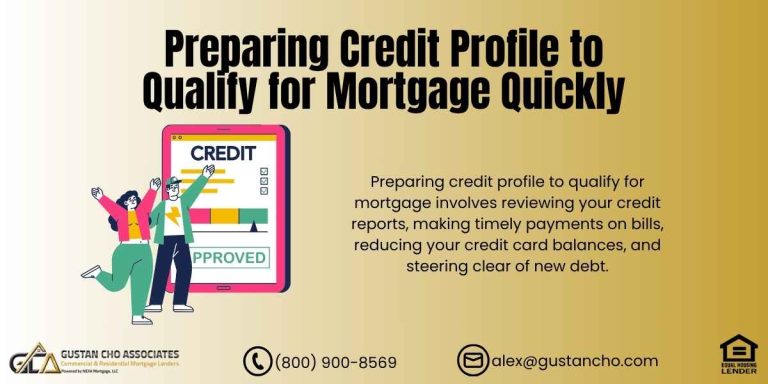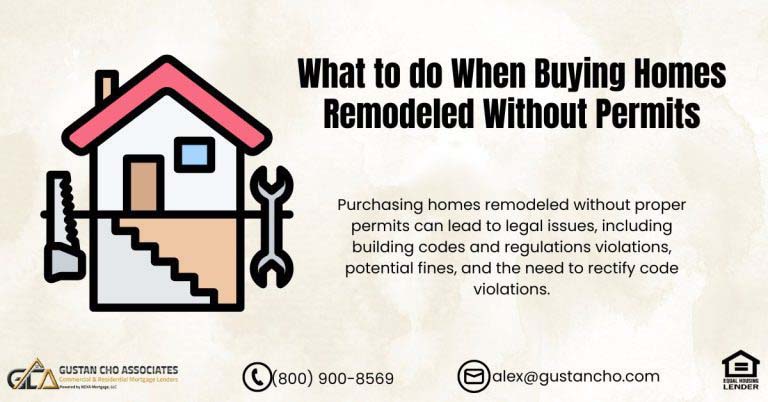In this blog, we will cover and explain home equity. Home values have skyrocketed over the past few years. Many homeowners are taking advantage of their home equity and doing a cash-out refinance. Proceeds from cash-out refinance loans are tax-free, and the borrower can spend it where they see fit. If you intend on paying revolving or installment debts from your closing, those debts will not be counted on your debt-to-income ratio calculations.
Most homeowners spend proceeds from the cash-out refinance mortgage to pay outstanding credit card debts, car loans, installment loans, home improvement, taking a vacation, and for any other personal or business purposes.
We will discuss how home equity affects the amount you can take out on a cash-out refinance. We will explain why home equity is important for homeowners wanting to do a cash-out refinance. Equity is the net value homeowners have in their homes. It is calculated by taking the home’s market value and subtracting the amount homeowners owe on the home. The difference is called home equity.
Skyrocketing Home Values Make Cash-Out Refinance Attractive
Homebuyers who purchase their home will only own a portion of the home until the mortgage loan balance is paid off, where then they will fully own the home. Home equity is the difference between the house’s value minus the mortgage loan balance. Millions of Americans are dipping into their home equity to do a cash-out refinance to pay outstanding high-interest debts.
Today, millions of Americans who purchased homes a few years ago have reaped the rewards on an average of 40%. The economy is literally upside down with inflation soaring.
Homeowners with plenty of home equity should consider doing a cash-out refinance and paying off the high-interest credit cards and other debts. In the following paragraphs, we will discuss how to utilize your home equity and consider doing a cash-out refinance. Home prices have skyrocketed, and many homeowners are sitting with a large amount of home value.
What Does Home Equity Mean For Homeowners?
For example, if the home buyer purchases a home for $100,000 and puts in a 3.5% down payment, their home equity is $3,500. However, if homeowners decide to sell their home right after buying it, the equity may disappear. Or worse yet, they may need to come up with more money to close on their home sale. This is because they need to consider the fees and costs such as the real estate agent’s commissions and closing costs by the home seller.
How Is Home Equity Built During The Loan Term
Each time homeowners make their mortgage payment, a portion of that payment will go towards paying down the principal of the mortgage loan balance. The rest will go towards paying the mortgage interest payments. What homeowners owe on their home loan is much more important than what they have paid for their home.
Changes in home equity will not alter the loan amount. In the event, that home value skyrockets, owners have increased the equity in their home but they owe the same.
The principal portion of mortgage payments increases home equity. This is because it is paying down the mortgage loan balance. As homeowners continue to pay down their mortgage loan balance amount, more funds will go towards building the equity, and fewer funds will go towards interest payments.
Home Equity Changes Over Time
The value of homes fluctuates with the real estate market. For example, millions lost most or all of their home equity during the 2008 Real Estate And Mortgage Meltdown. Many homeowners were left with negative equity where their mortgages were higher than the value of their homes.
What is an Underwater Mortgage
Underwater mortgages mean the mortgage loan balance is higher than the house’s market value. This means that the homeowner have negative home equity. Underwriter mortgage often are called having a mortgage underwater.
Home equity is the market value less the mortgage balance. The amount of cash you can take out of your house with a cash-out refinance depends on the home equity we have.
Millions of homeowners who had tens of thousands of dollars in home equity and were counting on the equity in their homes for retirement saw their home equity disappear before their eyes. Many thought that they could never sell their homes and were stuck there.
How The Recession Affected the Home Equity of Homeowners
Like many parts of Florida and California, some areas had property values drop by almost 50%. Foreclosure and Bankruptcy rates hit a historical high in the United States. The lucky home buyers who purchased their homes in 2009 and 2010, when home prices hit rock bottom, saw their home equity rise double digits year after year.
The national real estate market is so hot right now that most home sellers are not even offering seller concessions to home buyers.
For every home listed, there were three to four offers. Sellers getting $50,000 over list price was not uncommon. Homes under $200,000 in South Florida are selling the minute it goes up on the market. Many homebuyers are cash homebuyers, and many are purchasing properties sight unseen. The appraisal will be the largest factor impacting the maximum cash-out amount.
How Do You Calculate Home Equity
There are two variables to take into account when calculating home equity. The appraisal of the home and the mortgage loan balance determine the home’s market value. What homeowners owe on their home loan is much more important than what they have paid for their home—Dale Elenteny, an associate contributing editor at Gustan Cho Associates, said the following.
For example, if the homebuyer purchased a home in 2009 for $200,000 and put in a $10,000 down payment where the loan balance was $190,000, they had 5% equity at the time of purchase.
The figure shows that the mortgage loan balance dropped to $181,000 from the principal portion payments of mortgage payments. Say the home drops in value to $198,000 via a home appraisal. Homeowners have an 8.5% equity in their home or $17,000, which is derived by subtracting $181,000 (Loan Balance) from the home’s market value today of $198,000.
How Does Inflation Affect Equity?
It is no secret the economy is in chaos and unstable. Mortgage rates have skyrocketed to over 6.50% from a low of 2.5% just over a year ago. The housing market has increased by over 40% in the past two years. Home Equity is the value of your house minus your loan balance. The primary factor is the amount of equity you have in your home.
Equity is the balance of your existing mortgage. The more equity you have, the more cash you can take out.
The economy is very unstable, and we are getting many conflicting reports on why our economic state is the way it is. One of our viewers and clients’ most frequently asked questions is how inflation affects home equity. Different lenders have varying policies and guidelines regarding cash-out refinances. Some may have stricter requirements than others.
When Can I Pull Equity Out Of My Home?
Most people who owned their homes for the past few hours have seen handsome gains in their home equity. It’s important to note that while a cash-out refinance can provide access to cash, it increases your mortgage balance and monthly payments.
The general formula for the amount of cash you can access from your home is 80% of the home’s value minus the existing mortgage balance. Let’s take this case scenario example further. Let’s fast forward another year, too late 2018, and now the home has a market value of $202,000, and the mortgage loan balance has dropped to $177,000. Home equity now has increased to 12% or $25,000 due to the combination of the mortgage loan balance decreasing and the home’s market value increasing.
Importance Of Home Equity For Cash-Out Refinance Loans
Home Equity is like cash in the bank. Homeowners who need cash to consolidate their debts, pay off certain debts, or need cash for other reasons can consider doing a cash-out refinance mortgage.
A cash-out refinance can only be done if the homeowner has equity in their home. The refinance mortgage lender will pay off the existing mortgage and give additional funds up to the max loan-to-value they qualify for.
The maximum amount of cash-out they can get on FHA loans is up to 80% loan to value. The maximum cash-out refinance mortgage a homeowner can get on a conventional loan is up to 80% loan to value. VA allows up to 100% cash-out refinance on VA home loans.
Risk of a Cash-Out Refinance
Your home equity is part of your net worth. Homeowners are tapping into their home equity when they do a cash-out refinance. Changes in home equity will not alter the mortgage loan amount. Lenders consider your debt-to-income ratio when evaluating your loan repayment ability. A lower DTI ratio is generally better for loan approval.
Your credit score and financial history also play a role in determining how much you can borrow. LENDER’s creditworthiness can affect the interest rate you qualify for.
If home value skyrockets upwards, owners have increased the equity in their homes, but the amount they owe remains the same. You should carefully consider your financial situation and why you want to take cash out of your home equity. Also, consult with mortgage lenders or financial advisors to get personalized information based on your circumstances.


